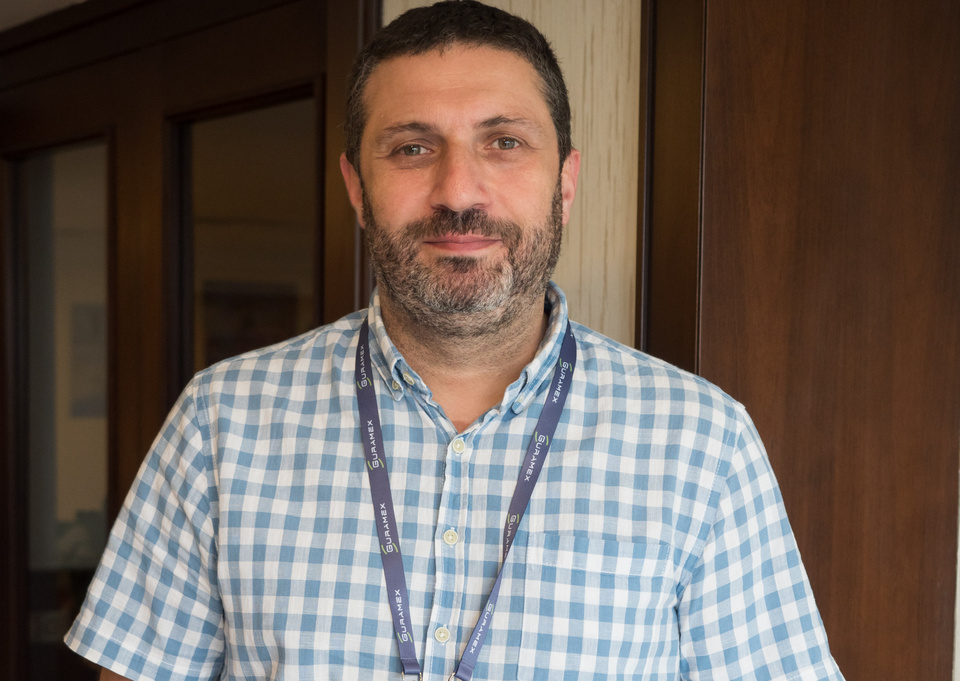Archil Mikadze, Technical Director of Euronews Georgia, Georgia, in the TKT1957 survey «The year 2030: AI or engineer?».
- How will the broadcasting industry and broadcast technologies change in the next 5 years?
- If we model the world of broadcasting and broadcast tech in 2030, what role will AI play?
- How will AI change your business segment?
- Which professions will AI displace in the broadcasting technology industry by 2030?
- I think that in the next five years, the film and broadcasting industries will face significant changes. Streaming services will become even more popular, while traditional TV viewing will decrease.
There is no doubt that 5G will improve streaming quality. Artificial intelligence will help develop visual effects and personalize content. Perhaps virtual reality will open up new interesting ways to watch movies and TV shows. User-generated content on social media will become more influential, and television broadcasters will integrate this content into their programs. For example, Euronews has already started moving in this direction. More interactivity and content like games will spark people’s interest.
- In 2030, AI will be very important in cinema and broadcasting technologies. AI will help create more interesting special effects and animations, making films and shows more spectacular. It will suggest films and programs based on what viewers like. AI will also help understand what people want to watch by analyzing data. This will speed up and simplify production tasks.
However, there will be problems with AI for small languages, such as Georgian, for example. AI may have problems understanding and processing these languages because there is little data available. This can make translations and personalized content less accurate for speakers of small languages. More work will be needed to improve AI for these languages so that everyone can enjoy the benefits of the new technology.
- Artificial intelligence will change news TV channels around the world in many ways. It will speed up tasks such as editing and planning by automating them. AI will help understand what viewers like to watch so that channels can create more interesting content. In addition, it will make news broadcasting faster and more accurate due to the rapid processing and verification of information.
AI can improve the appearance of the news with improved graphics and animation, making it easier to understand. Also, it will offer news based on the preferences of each viewer, keeping him interested.
In Georgia, AI will bring the same benefits. However, there will be difficulties in getting AI to work well with the Georgian language; special efforts will be required for accurate translation and personalized content. Despite these difficulties, AI will make Georgian news TV channels more efficient, interesting, and convenient for viewers, just like all over the world.
- I think that by 2030, artificial intelligence will be able to replace some positions in the field of television and radio broadcasting:
- schedulers: AI will automate scheduling of programs and commercials;
- video editors: AI will quickly and efficiently handle basic editing tasks;
- graphic designers: AI can create basic graphic elements;
- screenwriters: AI is capable of writing simple news reports.
All the opinions of industry leaders can be seen in the survey “Year 2030: AI or Engineer?”.










